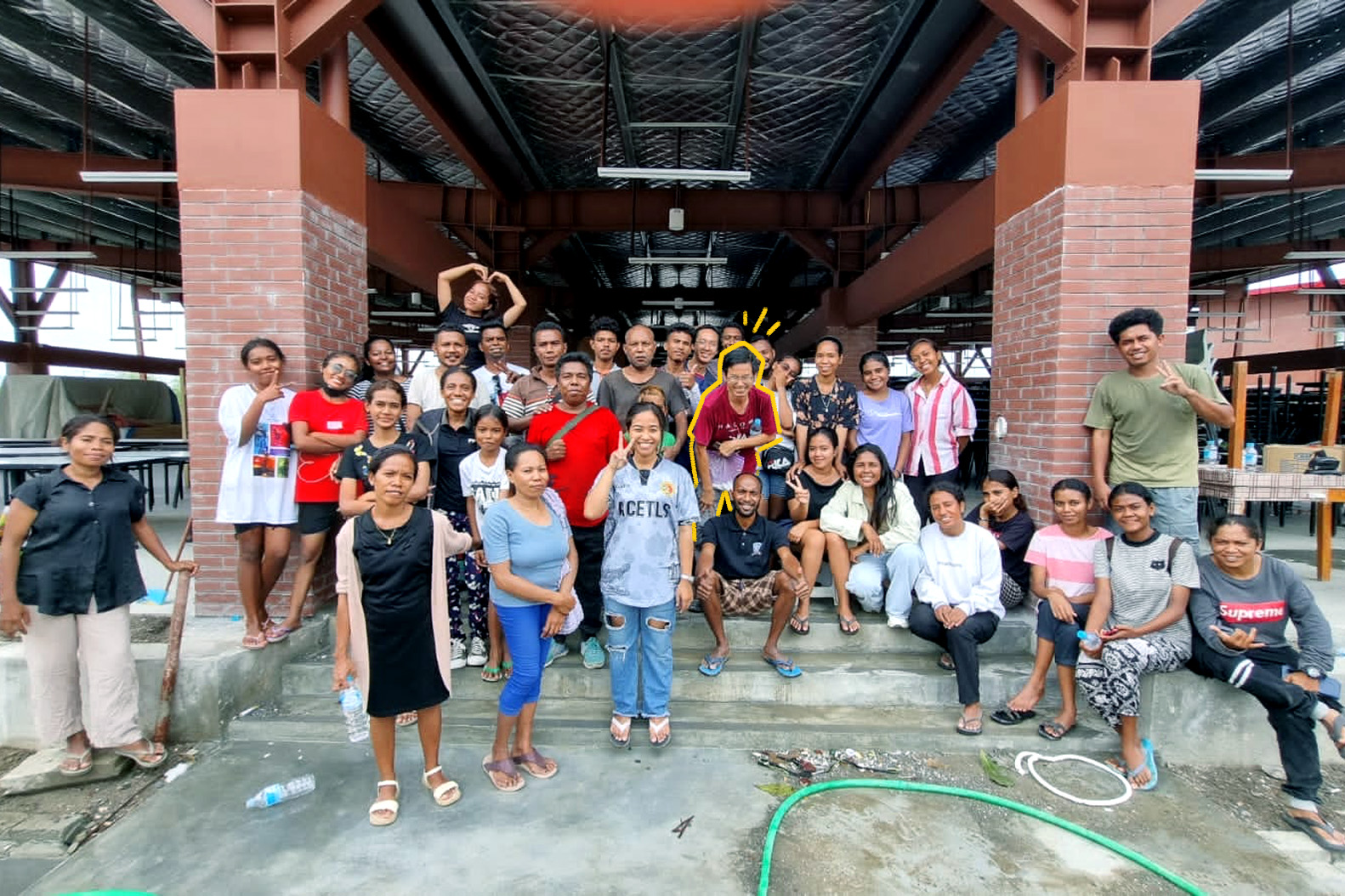It felt poignantly surreal as I literally observed the full circle of life within the span of a day.
I attended a baby’s 1-year-old birthday party in the morning, followed by the wake of a granny who lived up to a ripe old age of 91.
As a Christian, it’s truly heartening to see how we’re able to rejoice in both life and death. Don’t get me wrong. I don’t undermine the sorrows the latter brings, but I see how the sorrows we feel towards the death of a believer are joyful sorrows.
As I pondered on God’s timetable for our lives, it seemed “right” for God to call us home when we’re old and grey. But what if I were to flip the scenarios in what I had experienced that day? What if God decided to take the 1-year-old home first, while preserving the life of the granny – would my view of God change?
My gut instinct would probably be to feel that it’s cruel of God to take the life of a baby so swiftly away.
Yet I also know the truth that our loving God has the absolute right to give and take life as He pleases, according to His infinite wisdom and for His sovereign purposes. As the Creator of human life, it’s entirely up to Him to decide how long our lives should be.
When Job lost his 10 children, he tore his robe, shaved his head, and fell on the ground and worshipped. He said: “The Lord gave, and the Lord has taken away; blessed be the name of the Lord” (Job 1:21b ESV). He also later recognised that the life of every living thing and the breath of all mankind is in His hand (Job 12:10 ESV).
There are other instances in the Bible. When Hannah was thanking God for her son Samuel after years of barrenness, she said: “The Lord kills and brings to life; he brings down to Sheol and raises up” (1 Samuel 2:6 ESV).
The Bible teaches us through metaphors how temporary life on earth is. Life is described as a mist, a wisp of smoke (James 4:14) and likened to a breath (Psalm 39:5). Job described how we know so little; our days here on earth are as transient as shadows (Job 8:9).
We’re constantly reminded that life here is akin to taking temporary residence in a foreign land. Words such as aliens (1 Peter 2:11 NASB), strangers, foreigners (1 Peter 2:11) and exiles have been used to describe our stay here.
As I meditate upon this topic of death, which jolts me into seriousness, I can only pray for the Lord to teach me to number my days that I may get a heart of wisdom (Psalm 90:12) and to make decisions with my day of death in mind.
Recognising the brevity of life stirs me to fill each day with value, living every moment for God’s purposes and glory.
It’s by His sheer grace that I can take another breath when I wake in the morning, which thus compels me to seek Him and ask: “How do You want to use me today?”
Contrary to popular culture, we should not be living for ourselves but for God. By using the talents He has given us to serve the people He places in our path, we can build his kingdom here.
Let us return back to the thought of God’s timing for our lives. There’s no “right time” to live or die. If the Lord wills, I will live through this day, month or year. And if he does not, I won’t. My life is not my own. It belongs to God.
After all as Billy Graham famously said: “My home is in heaven. I’m just travelling through this world.
“The moment we take our last breath on earth, we take our first in heaven.”









